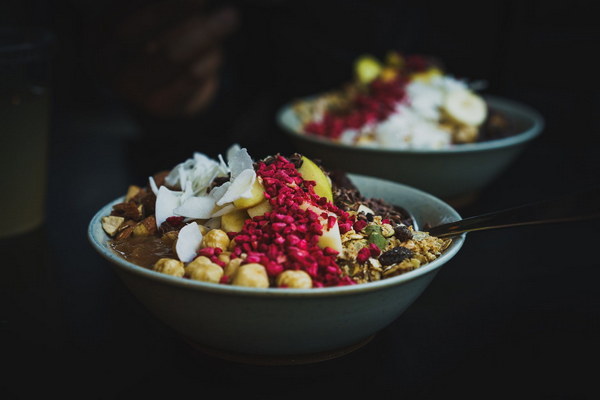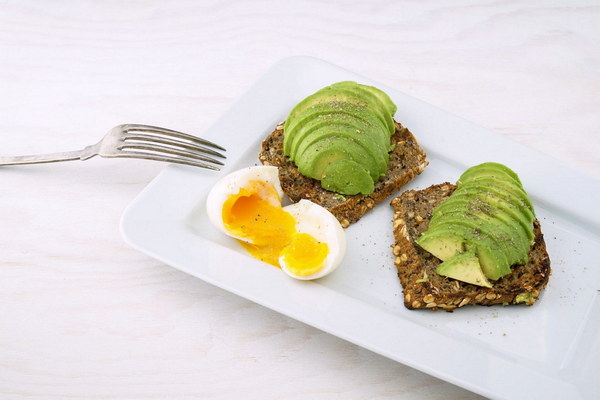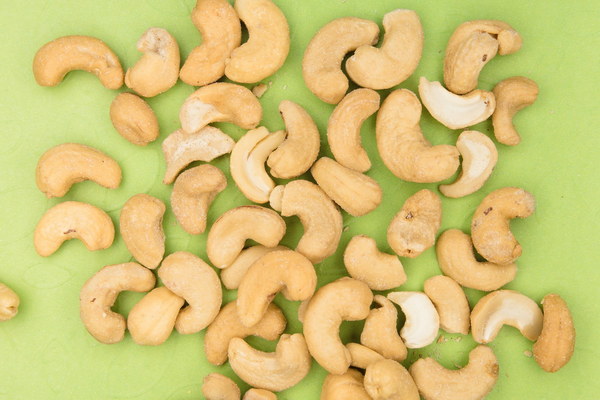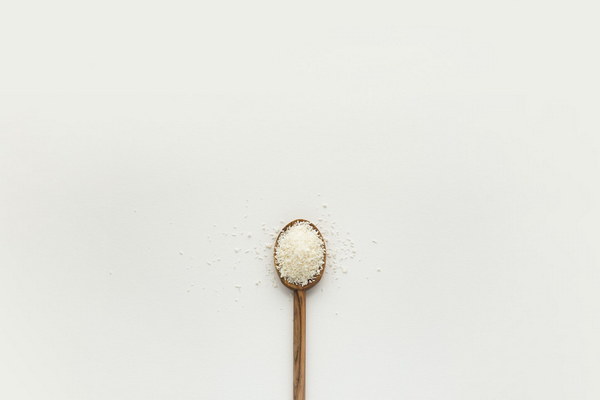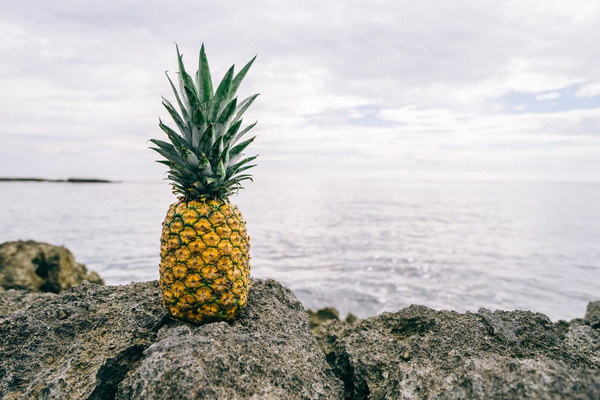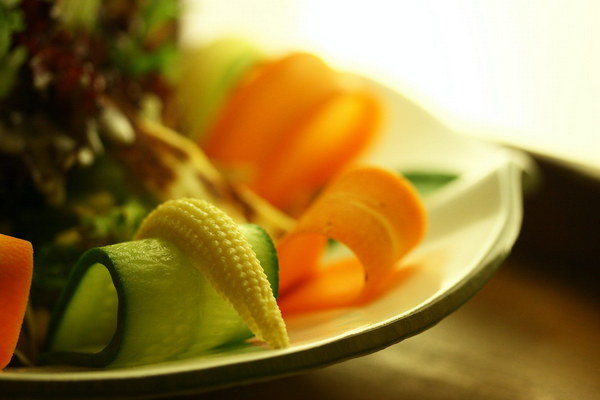The Great Debate Does Spicy Food Help or Worsen Dampness in Traditional Chinese Medicine
In the realm of Traditional Chinese Medicine (TCM), the concept of dampness is a common condition that can lead to a variety of health issues. It is often described as a sticky, heavy sensation that can affect the body's balance and lead to symptoms such as fatigue, weight gain, and digestive problems. One of the most debated questions in TCM is whether consuming spicy food can help alleviate dampness or, conversely, exacerbate it. Let's delve into this great debate and explore the potential effects of spicy food on dampness.
Understanding Dampness in TCM
In TCM, dampness is considered an external pathogen that can enter the body and disrupt its normal functions. It is often associated with living in a damp climate, consuming excessive amounts of cold, raw, or damp foods, or being exposed to excessive moisture. The body's internal organs, particularly the spleen and kidneys, are believed to play a crucial role in maintaining the balance of dampness.
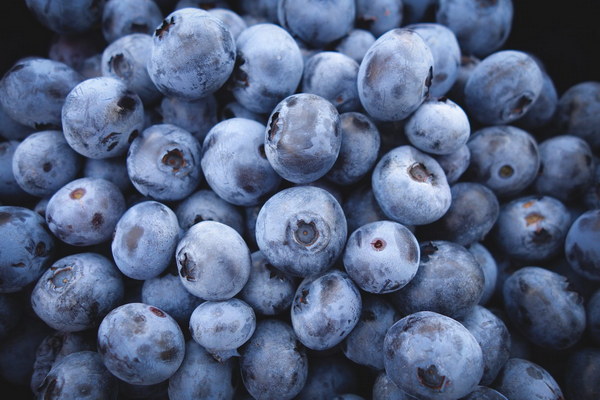
The Role of Spicy Food in TCM
Spicy foods are known for their pungent qualities in TCM, which are thought to have the ability to expel dampness from the body. The theory is that the heat from spicy foods can break down the dampness, which is considered to be cold and heavy. This is why many TCM practitioners recommend spicy foods to those suffering from dampness-related symptoms.
Evidence and Opinions
While there is a strong belief in TCM that spicy food can help expel dampness, scientific evidence is limited. Some studies suggest that capsaicin, the active compound in chili peppers, may have anti-inflammatory and analgesic properties, which could potentially help alleviate symptoms associated with dampness. However, these studies are not conclusive, and the relationship between spicy food and dampness remains speculative.
On the other hand, there are also concerns that spicy food might actually worsen dampness. Some practitioners argue that spicy foods can be too heating and may lead to an imbalance in the body's Yin and Yang, potentially exacerbating dampness. Furthermore, if the dampness is due to internal factors, such as a weakened spleen or kidneys, consuming spicy food may not be the best course of action.
Personal Experiences and Cultural Perspectives
The impact of spicy food on dampness can also vary from person to person. Some individuals may find that consuming spicy foods helps them feel better and reduces symptoms of dampness, while others may experience the opposite effect. This is likely due to individual differences in metabolism, tolerance, and overall health.
Culturally, there is a wide range of opinions on the matter. In some Asian countries, spicy food is a staple in the diet and is often associated with health benefits. However, in other regions, spicy foods are avoided during certain times of the year or when one is feeling unwell, particularly if dampness is a concern.
Conclusion
The debate over whether spicy food helps or worsens dampness in TCM is a complex one. While there is a theoretical basis for the belief that spicy foods can expel dampness, the scientific evidence is not definitive. It appears that the impact of spicy food on dampness is highly individualized and may depend on various factors, including the person's constitution, the type and amount of spicy food consumed, and the underlying causes of dampness.
In conclusion, while TCM suggests that spicy food can be a useful tool in the fight against dampness, it is important to consider personal experiences and cultural practices. Those who choose to incorporate spicy foods into their diet should do so with moderation and pay attention to how their body responds. As with any dietary change, consulting with a qualified TCM practitioner or healthcare professional is always advisable.
